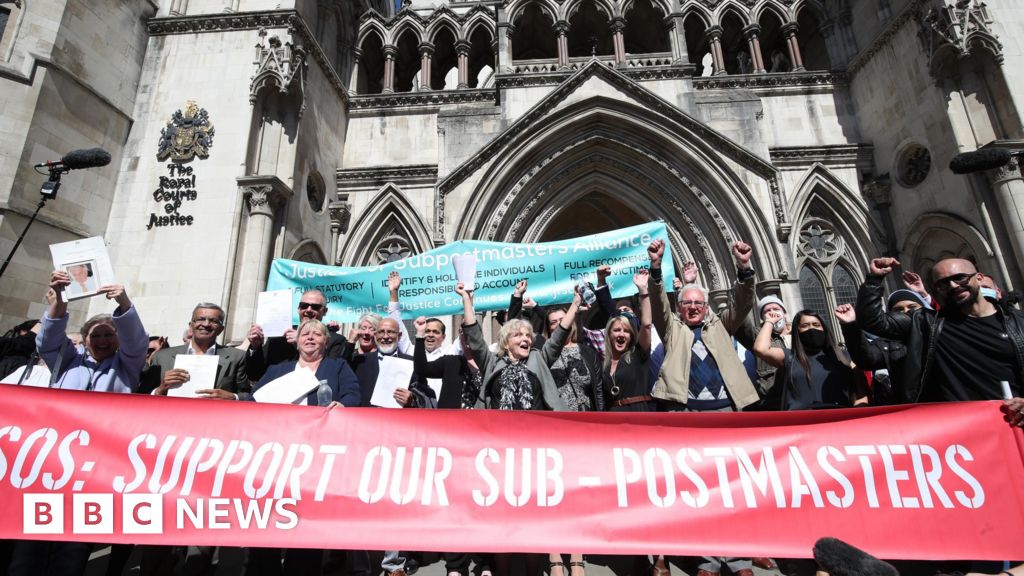ARTICLE AD BOX
Watch: Elizabeth line passengers walk down the tracks after their hours-long wait
By Paul Clifton
Transport correspondent, BBC South
Network Rail has announced a recovery plan for the Reading-London Paddington route after months of poor performance.
It made national headlines when broken wires left 4,000 passengers stranded on trains for four hours at night, near Ladbroke Grove, on 7 December.
Most passengers had to walk along the tracks to reach safety. There have also been a spate of failures, including broken rails and signalling faults.
The route is now set to be overhauled in three phases over 18 months.
Image source, Reuters
Image caption,Officials assisted passengers to get down from a train stuck on the Elizabeth line after damaged overhead cables blocked railway lines
"Our performance hasn't been good enough," admitted Network Rail's new route director Marcus Jones.
"We have been consistently letting down customers. They cannot guarantee a service every day."
Steve Smith, of the Bedwyn Trains Passenger Group, described it as "absolutely appalling".
"Only one in three of our Paddington trains is on time," he continued.
"We have infrastructure failures, train failures, lack of trains and bad weather, causing flooding. Ultimately this is about lack of investment."
Image source, PA Media
Image caption,The train with damaged overhead electric cables in the Ladbroke Grove area of west London on 7 December
For the next four weeks, there will be fewer trains late at night, while engineers carry out remedial work to the tracks, signalling and overhead wires.
For the last couple of hours each evening, only two of the four tracks will be open.
A six-month period of work to stabilise performance will follow, then a year-long programme to put long-term solutions in place.
Beyond that, the overhead wires will be replaced in west London. They are 30 years old and were installed when the Heathrow Express began.
Services on the Great Western Main Line became so bad that in November the rail regulator launched an investigation into whether Network Rail was managing its assets appropriately.
Network Rail's regional managing director, Michelle Handforth, resigned in December. A new team is now in place.
Part of the track in Iver was found completely broken with a shattered concrete sleeper beneath
Since Elizabeth Line services started running from Reading, track use has increased by 17%.
The total weight of trains on the route has increased by 38%. The infrastructure has not coped well - there is a fault very nearly every day.
Plus the tracks are now so busy that when things go wrong, delays build up more quickly.
'Pre-empting failures'
"The picture includes Covid and industrial action during which we lost work time," Mr Jones said.
"We are bringing forward planned track work. We are fitting monitoring equipment to pre-empt future failures."
Mr Jones said the Elizabeth Line trains were not to blame.
"The trains are longer and heavier," he said.
"But the evidence we have is that it is not the train causing the failures but the phenomenal growth in services."
Extensive work to build Old Oak Common station in west London for the interchange with HS2 is planned, with about 70 days of closures over five years.
Network Rail aims to dovetail its Great Western work with the closures already booked, in a bid to minimise the impact on passengers.
Funding will come from within the existing route budget.
"People are not getting a consistent service," said Mr Jones. "We are determined to put that right."

 1 year ago
43
1 year ago
43








 English (US) ·
English (US) ·